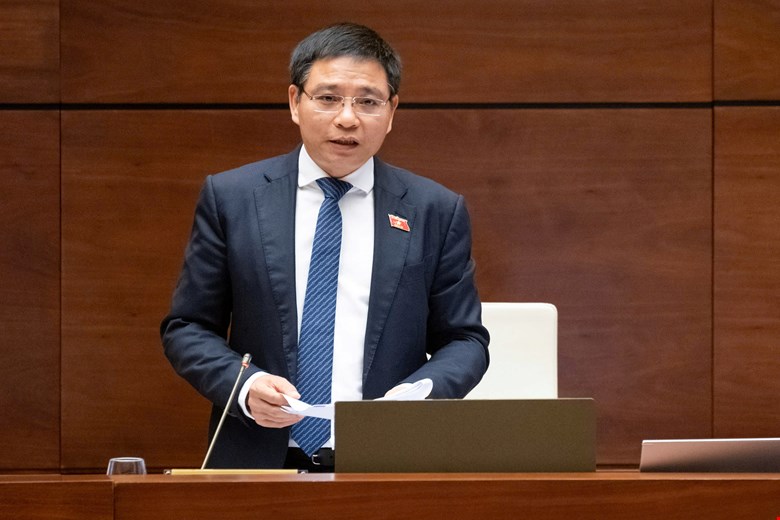 |
| Minister of Finance Nguyen Van Thang received comments from National Assembly delegates . |
In response to the opinions of National Assembly deputies, Minister of Finance Nguyen Van Thang said that he will complete the guiding documents, ensuring that the revised Law on Corporate Income Tax with many outstanding incentives for science and technology can be implemented from October 1, 2025 (three months earlier than expected).
Many new outstanding incentive policies
Continuing the 9th Session, on the morning of May 12, the National Assembly discussed in the hall the Draft Law on Corporate Income Tax Amendment.
Speaking at the end of the discussion session, on behalf of the drafting agency, Minister Nguyen Van Thang thanked the National Assembly deputies for their enthusiastic and responsible participation in speaking with many highly practical contents. Based on the comments, the drafting agency will fully absorb them to complete the draft law, ensuring that the Law is promulgated with the best quality, according to the Minister.
During the limited time, the Minister also clarified some contents that National Assembly deputies were interested in discussing.
Regarding the review of the system of tax incentives to implement the Party and State's policies on developing priority sectors, industries and localities, according to the Minister, at the 8th Session, on the basis of reviewing current laws and taking into account the general situation, avoiding widespread incentives that erode the tax base, the Government also proposed many solutions to improve the corporate income tax incentive policy, including beneficiaries, preferential sectors and localities.
Focusing on encouraging tax incentives for industries producing high value-added products in the fields of science and technology, digital transformation, innovation and promoting green economy, environmental protection and agricultural, farmer and rural development. Promoting the development of public service activities and promoting investment in areas with difficult socio-economic conditions and areas with special difficulties.
“The review and rearrangement of corporate income tax incentives in the draft law has also been reasonably calculated so that on the one hand it does not affect the overall incentive policies that we are applying, but at the same time there are also new outstanding incentive policies to support and facilitate businesses to expand investment activities in the fields and areas that we need to encourage,” Minister Nguyen Van Thang explained.
Along with that, the drafting agency has also proactively reviewed international experience and the trend of applying preferential policies of countries around the world, especially in the context of implementing Pillar 2 on global minimum tax, to build appropriate preferential policies to continue to effectively attract foreign investment capital.
In addition, policies ensure the participation of other economic sectors, including the private sector. Accordingly, the Government is studying methods for indirect support, ensuring that it does not violate commitments and international agreements that Vietnam is participating in.
In addition, to ensure the consistency and synchronization of tax incentive policies, to ensure that tax policies are only prescribed in legal documents on tax, to avoid the provision of tax incentive policies being spread out in other specialized legal documents, the draft Law has added a provision that in cases where other laws have provisions on corporate income tax incentives that are different from the provisions of this Law, the provisions of this Law shall apply.
“In principle, tax incentives should only be stipulated in tax laws. At the same time, we need to stop integrating tax incentive policies into specialized laws to ensure comprehensiveness, consistency and ease of implementation,” the Minister stated.
More breakthrough incentives for science and technology
In this revision, a very important content is to perfect the corporate income tax incentive policy to contribute to the institutionalization of Resolution 57-NQ-TW of the Politburo. In the draft, the drafting agency has proposed to add more breakthrough incentives than the current regulations related to science and technology, innovation and digital transformation.
Specifically, supplementing funding for scientific research, technological development, innovation, and digital transformation as deductible expenses when calculating corporate income tax; supplementing expenses for scientific research, technological development, innovation, and digital transformation in enterprises as deductible expenses when calculating corporate income tax; supplementing regulations assigning the Government to prescribe additional expenditure levels, conditions, and scope of application for expenditures for research and development activities of enterprises to have a legal basis for the Government to prescribe in accordance with the practical situation in each period.
“In some countries, people do not have strict regulations but assign them to the Government. To ensure flexibility and practicality, we also propose to continue assigning this task to the Government,” Minister Nguyen Van Thang reported to the National Assembly.
The draft also adds provisions on funding for scientific research, technology development and innovation, digital transformation; income from the implementation of contracts for scientific research, technology development and innovation, and digital transformation is income exempt from corporate income tax. Public science and technology organizations and public higher education institutions operating not for profit are exempt from corporate income tax.
Notably, according to the Minister, many preferential policies have also been added to other tax laws such as the Law on Import and Export Tax, Export and Import Tax and the draft Law on Personal Income Tax to replace the Law to be submitted to the National Assembly in the coming time. Even the draft law amending 7 laws to be submitted to the National Assembly at this session also focuses on amending institutions to implement Resolution 57 of the Politburo.
Regarding expenses and deductible costs, in the Law on Corporate Income Tax (amended), the Government submitted to the National Assembly regulations on expenses that do not correspond to taxable revenue and are not included in deductible expenses when determining taxable income for corporate income tax.
However, according to delegates, in practice, when implementing, there are some expenses related to the production and business activities of enterprises that do not correspond to taxable revenue such as bidding costs, market research costs, product research costs, etc. In addition, there are also expenses not for profit purposes and enterprise contribution funds according to the law. If implemented according to the above principle, enterprises are not allowed to include them in deductible expenses.
After reviewing, the draft law has also added a number of expenses to be counted as deductible expenses. At the same time, taking into account the opinions of the delegates, the drafting agency and the reviewing agency will continue to review to supplement as fully as possible, the Minister replied.
Receiving delegates' opinions on taxes in the public service sector
During the discussion session, tax incentives for the public service sector were also an issue that many delegates spoke about and debated. According to the current Law, public service units that can determine revenue and income expenses must pay corporate income tax like normal enterprises. In cases where revenue is determined but expenses and income are not determined, tax must be declared and paid based on a percentage of revenue.
The Minister of Finance pointed out that in reality, many public service units are currently providing public service services using state budget funds, and also providing service services that do not use state budget funds or use part of them.
In case a public service unit decides on its own price according to market principles or forms a joint venture or association to conduct business to earn profit, it must pay corporate income tax according to regulations as for normal business activities.
However, for units using state funds but service prices have not been fully calculated, the state budget still supports costs, then it is not a profit-making business activity, the Minister stated.
He affirmed that the current practice of public service units providing basic and essential services that affect social security and impact all citizens to pay corporate income tax is inappropriate.
Therefore, in the draft Law, the drafting agency has calculated and included many contents, including two very important contents.
First, tax exemption is applied to income of public service units providing public services, including basic essential public services in the list of public services using the state budget, issued by competent authorities; public services for which the State must support to ensure operating costs because the service provision costs have not been fully included in the service price; public services in areas with particularly difficult socio-economic conditions.
Second, public service units providing public services in areas with difficult socio-economic conditions are entitled to a 50% reduction in corporate income tax on income from providing public service in areas with difficult social conditions.
However, from the opinions of delegates, Minister Nguyen Van Thang also "promised" to continue researching and adjusting the draft to ensure it is consistent with reality, ensuring the legitimate rights and interests of public service units but at the same time not allowing tax losses or loss of state budget.
Regarding preferential policies related to the Law stated in the Party's Resolutions such as Resolution 68-NQ/TW on private economic development, Resolution 57-NQ/TW on science and technology development, the Minister reported to the National Assembly that the Government will continue to submit to the National Assembly to institutionalize as soon as possible the contents that can be included immediately in this Law as well as the upcoming laws submitted to the National Assembly.
However, the Minister also added that the Government is submitting to the National Assembly for promulgation a Resolution to implement Resolution 68-NQ/TW. Some policies included in the Resolution are also a form of pilot for further research and adjustment in the coming time.
Therefore, Minister Nguyen Van Thang proposed to include only the contents that are certain and mature in the Law. The rest will be included in the Resolution of the National Assembly to be issued during this session. After the policy is stably implemented, it will be included in the laws.
Source: https://baodautu.vn/nhieu-uu-dai-thue-thu-nhap-doanh-nghiep-co-the-co-hieu-luc-tu-1102025-d282731.html



![[Photo] Hanoi is ready to serve the occasion of the 80th National Day Celebration on September 2nd](https://vphoto.vietnam.vn/thumb/1200x675/vietnam/resource/IMAGE/2025/8/29/c838ac82931a4ab9ba58119b5e2c5ffe)




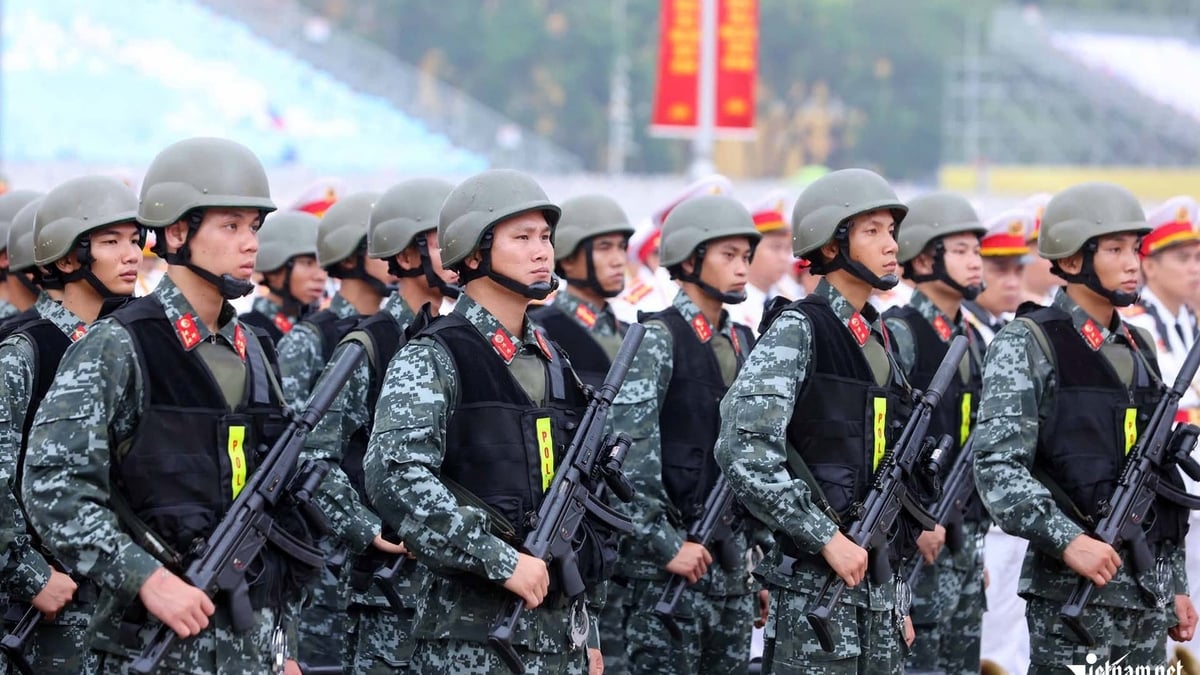


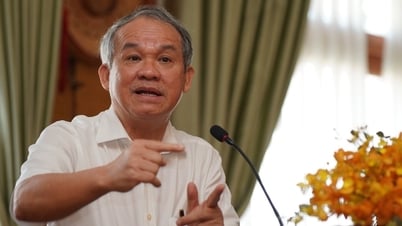



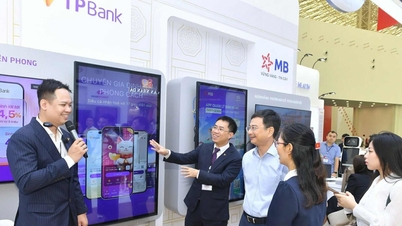









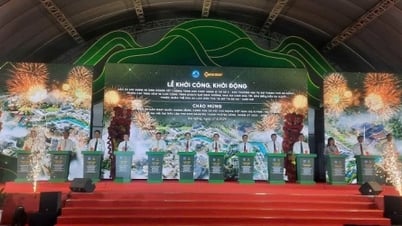
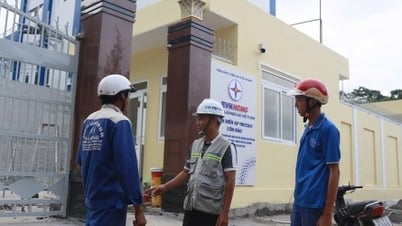













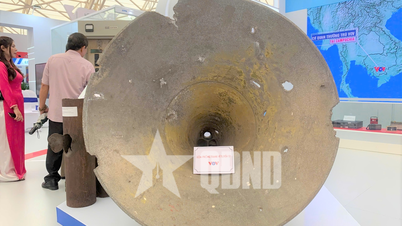


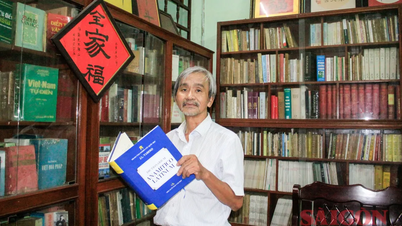










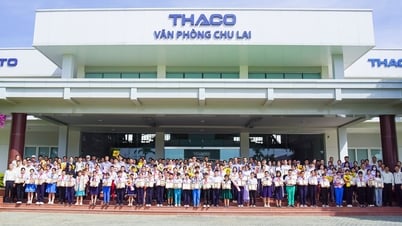








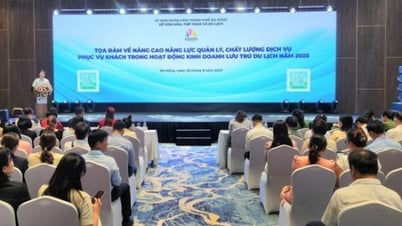
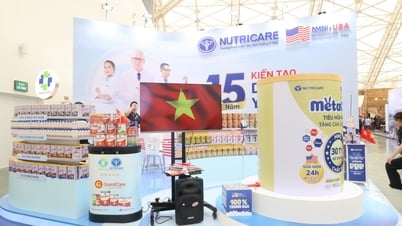


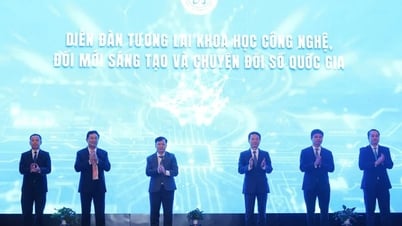






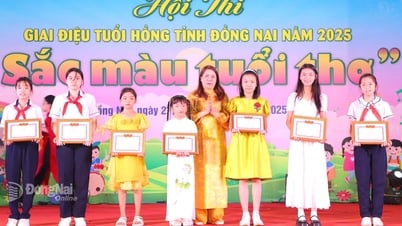





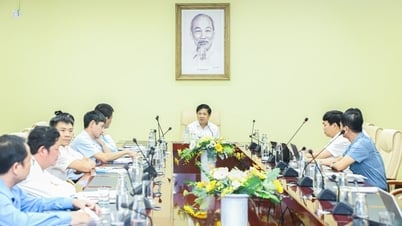













Comment (0)